No products added!
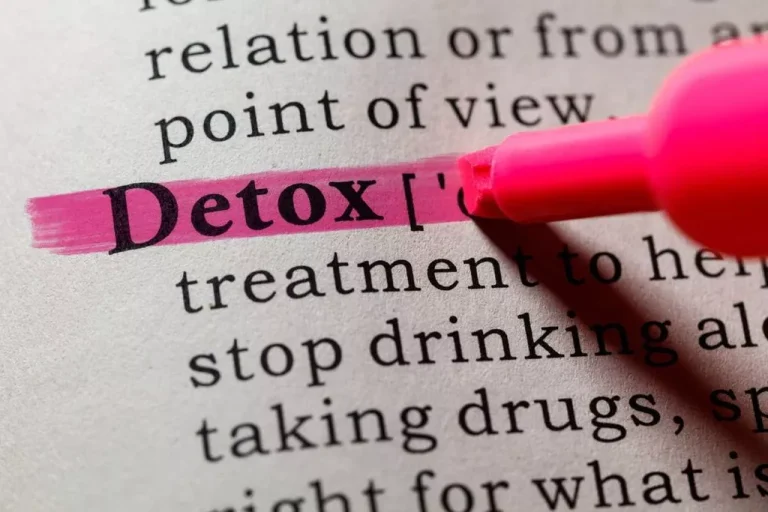
Factors https://ecosoberhouse.com/ like your medication, how much you sweat and if you’re sick can affect your levels of hydration. It’s a small molecule and gets very quickly through the walls of the gut into the bloodstream and then to the brain. But over time, too much alcohol can set off diabetes and malnutrition, and diseases of the central nervous system and the liver. Our bodies are amazing organisms, especially when it comes to processing alcohol.
Health Challenges
These include things like sodium, potassium, calcium, and chlorine. Replenish fluids and minimize alcohol dehydration symptoms by drinking at least one glass of water for each alcoholic drink you consume. Although alcohol has no health benefits, many people enjoy drinking beer, wine, or other does alcohol dehydrate you alcoholic beverages, and there are several ways you can minimize or avoid alcohol dehydration. While it’s well known that drinking too much alcohol can lead to a hangover, even moderate alcohol consumption can lead to dehydration and electrolyte imbalance. If you’ve been drinking and are experiencing alcohol dehydration symptoms, you need to restore your body’s fluid balance. Here’s how to rehydrate properly and recover from alcohol dehydration.
Sugary Drinks
You’ll also want to include a quick dose of electrolytes, which work on a cellular level to carry much-needed fluids in and out of the cell. Knowing and listening to your own body is the best way to prevent a hydration mishap — or really, any medical mishap. Just because your friends are taking that extra tequila shot doesn’t mean you have to. The best hangover electrolytes contain at least 1,000 milligrams of potassium and no more than 40 milligrams of sodium.
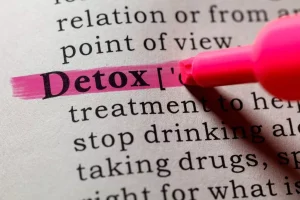
How to rehydrate after alcohol consumption
- Alcohol can cause dehydration, disrupt sleep, interfere with energy production, and alter the body’s acid-base balance, all of which impact overall health and well-being.
- However, due to how alcohol affects the production of ADH, you will still become dehydrated after drinking beer.
- Additionally, dark liquors especially have high contents of congeners and tannins, which studies have shown to increase hangover symptoms (including dehydration).
- Alcohol can strain personal and professional relationships and lead to serious legal consequences.
Consuming alcohol on an empty stomach causes rapid intestinal alcohol absorption, amplifying the dehydrating effects of alcohol. Rehydrating after consuming alcohol helps alleviate dehydration and can reduce the likelihood of a hangover. Alcohol affects various physiological functions and interferes with urine production, fluid regulation, and electrolyte balance, all of which are crucial for maintaining proper hydration. Let’s look at why alcohol dehydrates you and discover how electrolytes can help prevent alcohol-induced dehydration.
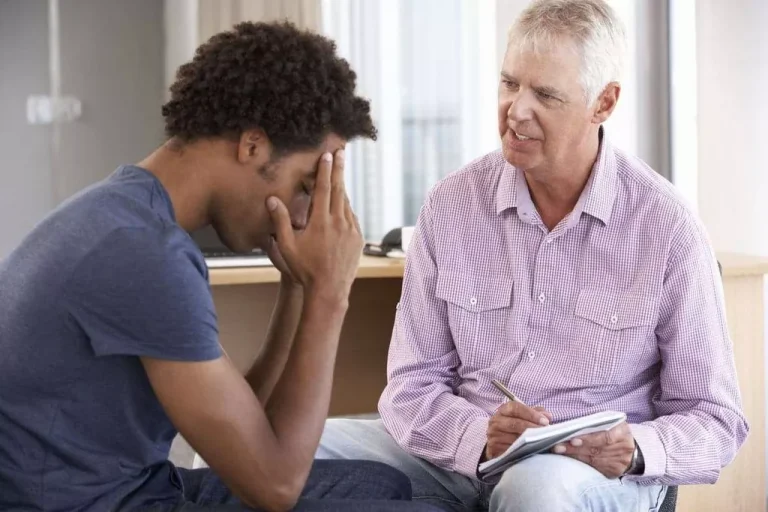
- Just remember to follow the NHS recommendation to have them in moderation.
- Alcohol dehydration occurs because alcohol causes you to lose too much fluid from your body.
- The amount of alcohol you consume will influence the symptoms you experience.
- However, the good news is that the fluid you take in from your morning cup of coffee offsets this effect.
Drinking too much alcohol too quickly means your body won’t be able to process it fast enough. As a rule, it takes one hour for your body to process one alcoholic drink, so making your drink last longer, and therefore drinking less and more slowly will help keep you hydrated. Your specific hydration needs may depend on factors like your activity levels, body weight, and the environment in which you live. However, a general recommendation is that adult women consume 11.5 cups (2.7 liters) of water per day and adult men consume 15 cups (3.7 liters). Alcohol can also contribute to dehydration by affecting alertness and judgment and making you less aware of your body temperature. As your body becomes dehydrated, it starts losing the ability to sweat and cool itself down.
To make meeting your hydration needs easier, you can add flavor to your water by using refreshing water additives like lemon juice, berries, and fresh herbs. Processed meats, like pepperoni, bacon, ham, hot dogs, and sausage are usually very high in sodium. This is because salt is used to both preserve and flavor processed meats.
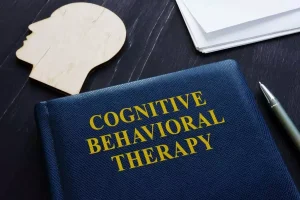
The job of ADH is to stop you urinating, so you hang on to your precious water. It’s commonly added to energy drinks because it can enhance athletic performance (15). Coffee, tea, and soda contain caffeine, a central nervous system stimulant that acts as a natural diuretic to increase urine production (1). Although beer has a high water content, it does not hydrate us. A small amount of beer will not lead to severe dehydration, but we should not drink beer to rehydrate. The higher the alcohol content of a particular drink, the greater this effect becomes.
This includes most hard liquor like whisky, vodka, rum, and gin. These are all over one-third alcohol in total content and thus are more likely to dehydrate you. When drinking alcohol, especially in hot weather, avoiding dehydration is critical.
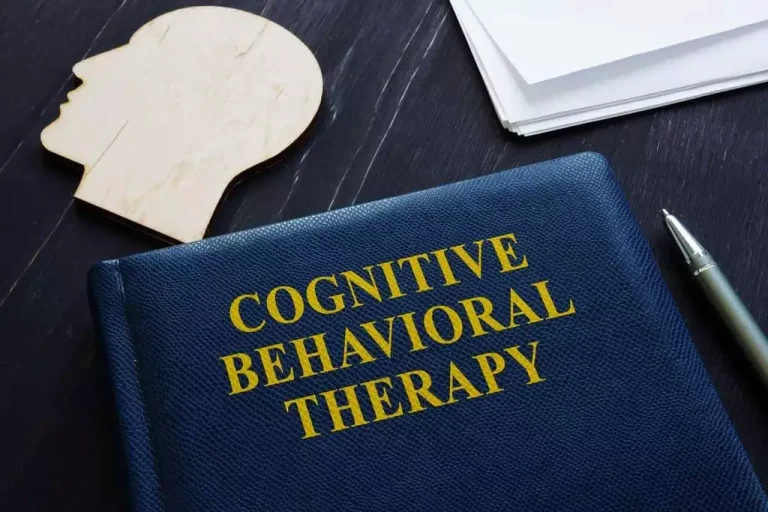
The diuretic effects will cause your body to lose water faster due to increased urination. The best way to ensure proper hydration is to drink plenty of water. A lower-alcohol beer, if you don’t drink too many, will be less dehydrating than wine or hard liquor, since beer generally has a lower alcohol content.
Can dehydration lead to heart problems?
Drinking beer, a glass of wine, or other types of alcohol introduces a substance into the body that causes certain reactions. Therefore, alcohol induced dehydration can occur when drinking alcohol without having a glass of water–or more, depending on how much alcohol you’re drinking. Energy drinks often contain high levels of caffeine and sugar—and as mentioned earlier, this is a double-dehydrating whammy for your body. Caffeine increases urination, while sugar can lead to an imbalance in fluid levels.
